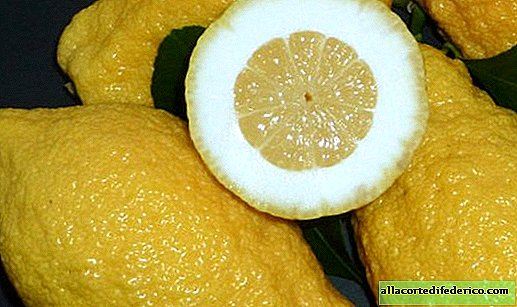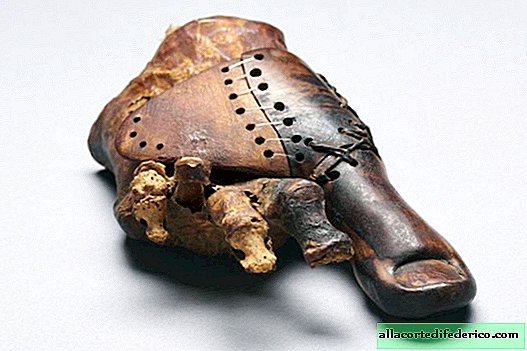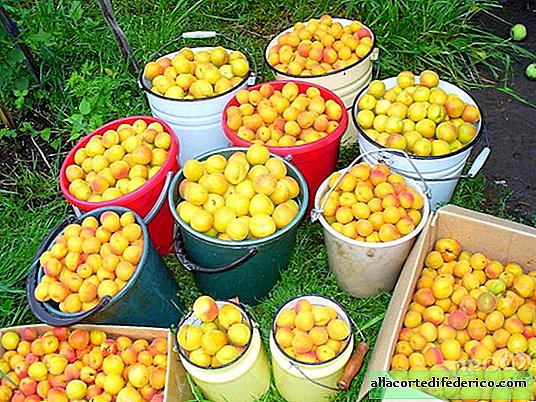Why in ancient Rome citruses were worth its weight in gold
Expensive and tasteless
In the Roman Empire, citruses were a symbol of the status of the ruling elite. The phrase "I have a couple of lemons" literally spoke of prosperity. The fact is that although today citruses are the main attribute of the Mediterranean landscape and one of the most important fruits in the region, they first appeared far from here in Southeast Asia.

In the photo: Citrons
Therefore, at first the Romans had access only to citrons, which basically have a thick skin, dry and tasteless pulp. Most likely, they came to Rome from the territory of present-day Israel: it was there, in the Persian royal garden near Jerusalem, that the earliest remains of citrons grown by man in the 5-4 centuries BC were discovered And from this region, citruses spread throughout the Mediterranean.
The earliest remnants of citrus found in the Roman Forum date back to the end of the first century BC. Apparently, citron was not valued for its taste (which he had so-so), but for its healing qualities, pleasant smell and rarity. It was more a luxury item, an expensive accessory, and not something that people really needed. Of course, the main consumers of citrons were rich nobles.
Want some sweet oranges?
It’s hard to believe, but Europeans bought for good money tasteless citrons for 1000 years! The first sour oranges and limes appeared in the West only in the 10th century AD. They were brought by Muslim merchants through Sicily and the Pyrenees. This is evidenced not only by the fact that Muslims controlled trade routes from India to the Mediterranean Sea, but also the names of citrus fruits, borrowed from the Arabic language.

Sweet oranges (“What could have happened?” The Europeans asked) were on the tables of Mediterranean countries in the 15th century, first thanks to merchants from Genoa and then from Portugal. By the time the first sweet tangerines were brought to Europe at the beginning of the 19th century, citruses were already quite ordinary fruits, not luxuries.
So the next time you pour yourself tea with lemon or chop an orange, imagine yourself in Ancient Rome and enjoy the luxury that is not available to the ancient world.

















